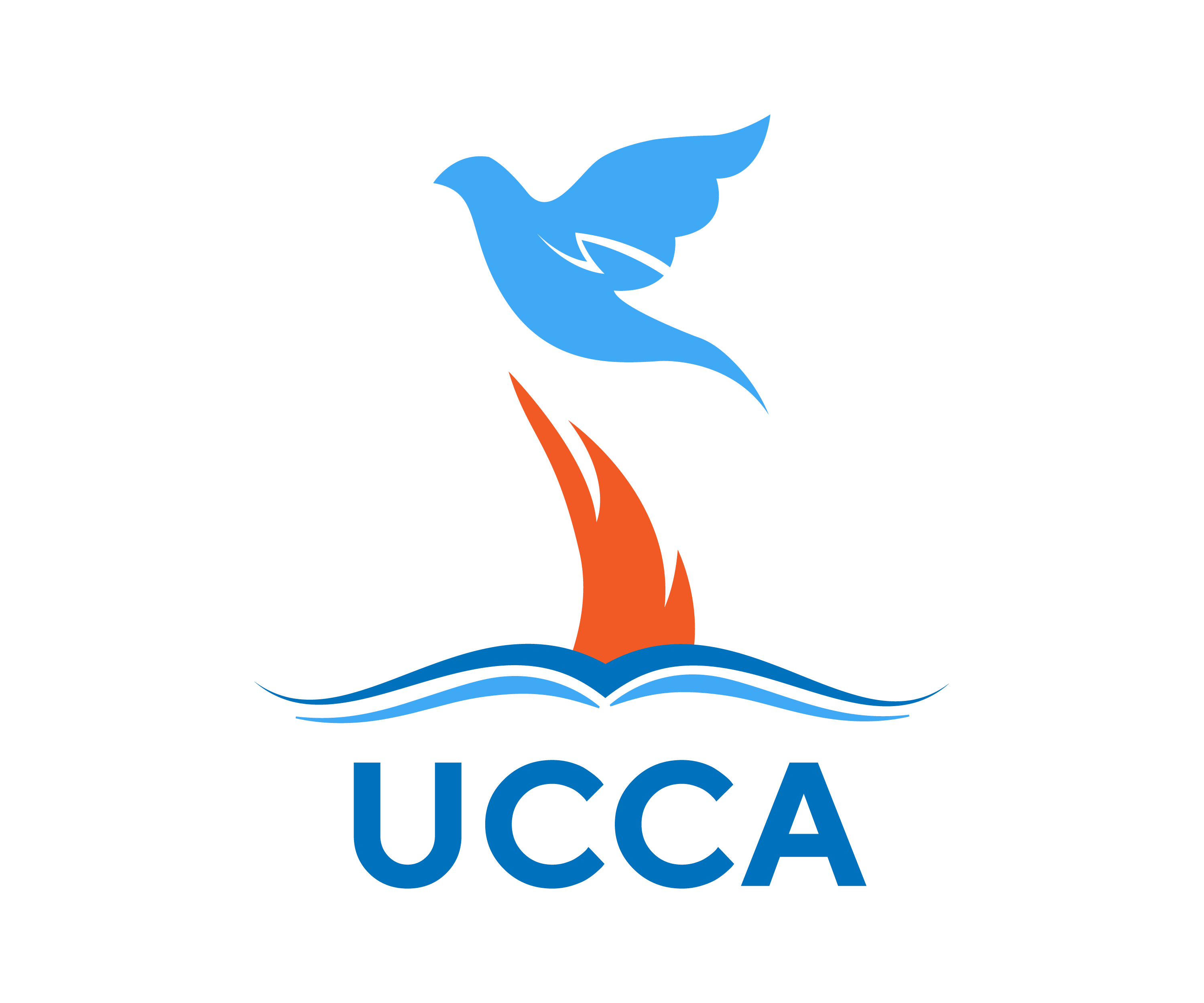By Rev. Dr. Ronald Lloyd Ryan
1. Who are the Unitarians?
GOOD QUESTION! From my perspective, rightly or wrongly: Technically, the most numerically prominent Unitarians are the Muslims and the Jews.“Aw, but ….
“Aw, but ….” , you say.Okey, the Christian Unitarians?
Okey, the Christian Unitarians?Maybe the largest single group of Unitarians, numerically, are the Jehovah Witnesses who are Biblical literalists,
Maybe the largest single group of Unitarians, numerically, are the Jehovah Witnesses who are Biblical literalists, fundamentalists and proselytizers. The second group, numerically, are the United Pentecostals, with about 45,000 churches in North America. They are virtually indistinguishable from the regular Pentecostals with the exception that they are not Trinitarian. They are Biblical literalists, fundamentalist, and evangelical. They call themselves the “Oneness” churches. Oneness means Unitarian.
A small group of Unitarians are the “Monotheist Christians” who are Unitarian with a partial creed. They are also Biblical literalists and fundamentalists. Now we come to those who call themselves Christian Unitarian or Unitarian Christian, more or less.
The first groups are the Biblical Unitarians, fundamentalists who seem to have creeds, attempt to read the Bible “literally.” They are fundamentalists, by any measure.
Then there is the Unitarian Universalist Christian Fellowship, under the umbrella of the UUA (Unitarian Universalist Association). It seems to be a little weird because it is not clear if the UUA wants the UUCF under the umbrella. Curiously, it appears that many of the Christians in association with the UUA are not clearly Unitarian. According to comments on various websites and facebook by members of UUCF, many of them, although maybe a minority of the UUCF membership, seem to be strongly Biblical literalists and fundamentalist. However, it is important to UUA to be seen with the Hungarian Unitarians in association because the Hungarian Unitarian Church is the oldest continuous church of Unitarians since the 1500s. The Hungarian Unitarian Church is the “gold standard” within Unitarianism. It is creedless but tends toward Biblical literalism. By having the Hungarian Unitarian Church in association, it gives the UUA legitimacy, at least in their own eyes.
Almost all of the Unitarian and Free Christians of of the UK and Ireland are associated with UUA, some claiming to be thusly associated, as they explained to me, since 1825. (The UUA was not formed until 1961, although some claim that it was really 1945). Now, the UUA makes no claims to be Christian, despite having Christians associated with it. The UUA was perceived to have so little Christianity that, some years ago, it was evicted from the World Council of Churches.The Canadian Unitarians are a carbon copy of their bigger American sister, the UUA.
The Canadian Unitarians are a carbon copy of their bigger American sister, the UUA.
There are still more.The Unitarian Christian Emerging Church, (which should drop the term “emerging” because it is confusing), may be the only true child of the classical Unitarians (W. E. Channing, James Martineau, Theodore Parker, etc.) UCEC is truly creedless in any official sense, perceiving themselves to be “New Concept” Christians and Creedless Christians. They claim to follow the teachings of Jesus without claiming that Jesus is God. Indeed, members of UCEC are the Christian rationalists, among whom are the arch rationalists who, although accepting their own divinity and a God whom they refuse to define because it would be arrogance to do so, do not accept the virgin birth, physical resurrection, ascension, blood sacrifice, miracles. The members of UCEC acknowledge that the Christian Church is essentially based on Paganism and a corruption of the old “Mystery” religions. Typically, members of UCEC are comfortable with
The Unitarian Christian Emerging Church, (which should drop the term “emerging” because it is confusing), may be the only true child of the classical Unitarians (W. E. Channing, James Martineau, Theodore Parker, etc.) UCEC is truly creedless in any official sense, perceiving themselves to be “New Concept” Christians and Creedless Christians. They claim to follow the teachings of Jesus without claiming that Jesus is God. Indeed, members of UCEC are the Christian rationalists, among whom are the arch rationalists who, although accepting their own divinity and a God whom they refuse to define because it would be arrogance to do so, do not accept the virgin birth, physical resurrection, ascension, blood sacrifice, miracles. The members of UCEC acknowledge that the Christian Church is essentially based on Paganism and a corruption of the old “Mystery” religions. Typically, members of UCEC are comfortable with ambiguity and advocate the free pursuit of truth wherever it may lead.
Finally, there are the Universalists, who may or may not be strictly Unitarian but who must be classified as “liberal” and free-thinking.
No doubt, someone else, from another perspective and through another lens, would do a different classification and describe some of the groups differently.
